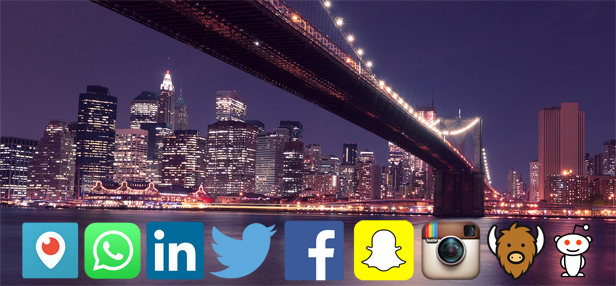You have /5 articles left.
Sign up for a free account or log in.
About a month ago I asked readers to answer whether or not they agreed or disagreed with seven (slightly provocative) statements about higher education. One of the statements, number 6, was that "online-only degree programs are as worthwhile as traditional campus-based experiences." Most people who commented on the post were quite critical of the idea that online learning can match the campus experience. Shockingly, at least to me, were the commenters who claimed that online learners weren't as committed to their educational experience as those who study at a brick and mortar location.
While I think it's utter rubbish that online learners are somehow "less committed" than their on-campus counterparts, I can understand one of the other themes that emerged within the comments: the idea that online education cannot match the interaction and interpersonal development of the traditional campus experience.
The student experience at a campus is something that has been around for a very long time. We know how it works. We know what to do in terms of engagement and development. We give it value above all else because it's what most of us experienced.
Online learning is different. It's not face-to-face. It's digital-to-digital. People and personalities interacting via pixels and text. And, we're not sure what to make of it. A lot of people seem quite keen on projecting their inner bias against online learning simply as a reflection of the fact that it's not "what they did" or "how they learned."
Well, welcome to 2016 and the reality of the higher education sector. Online learning is here and it benefits a lot of people. These are committed individuals who are striving to learn more, to earn a credential, and to increase their career prospects.
It's true that online learners will not have the same types of interactions as their on-campus peers. However, we need to stop thinking about what's "missing" or "lacking" and focus on what we can do to increase connection and build community via digital channels.
Most people who work within a traditional higher education environment already know of the value that social media brings to their work when it comes to enhancing student engagement. Within online learning spaces, social media are crucial conduits for building community, creating connections, and expanding learner networks.
We have to go beyond the learning management system (or the VLE if you're in the UK) and use real world tools, sites, apps in order to provide online learners with a student experience that can foster meaningful social connections. We need to create orientation programs that utilize the functionality of social media to benefit students not only for when they are participating in an online program, but afterwards when they have earned their credential and are relying on those same networks for professional success.
While online learners might not necessarily be able to meet up at the campus coffee shop with their friends, they can meet up with their peers via WhatsApp groups, Google Hangouts, Twitter hashtag conversations, Periscope live-streams, and LinkedIn group discussions.
If you're looking for a place to start when it comes to upping your use of social media to support online learners, I highly recommend reading Steve Parkinson's post on Medium about how higher education institutions can use social media to support learning (as well as the overall student experience).
Do you tweet? Let's connect. Follow me on Twitter.









